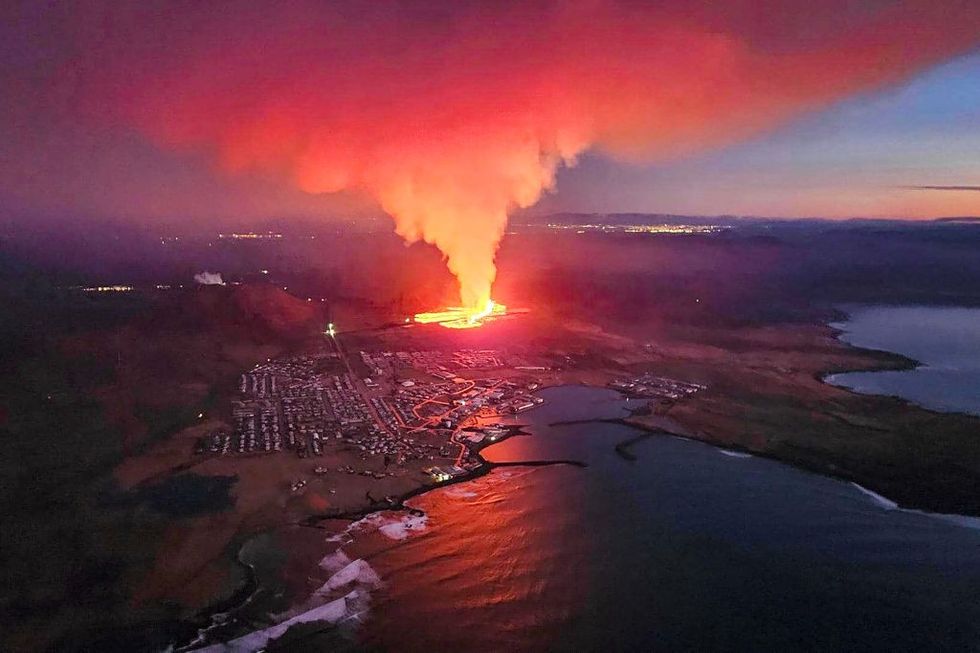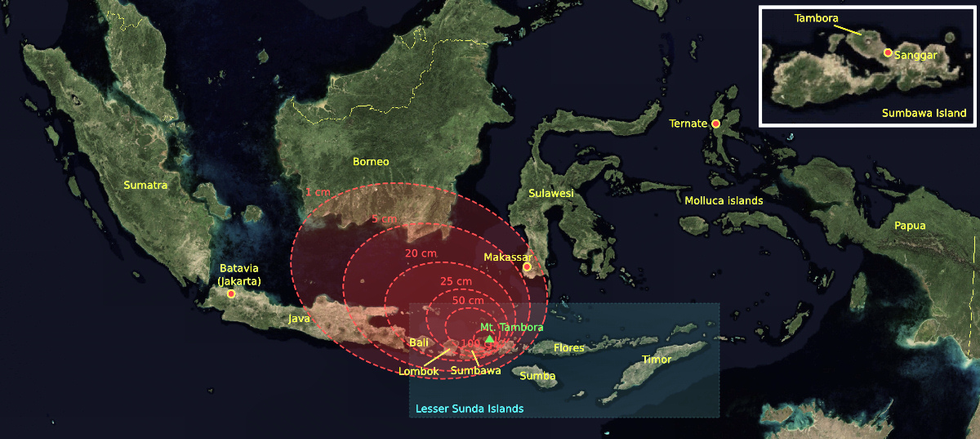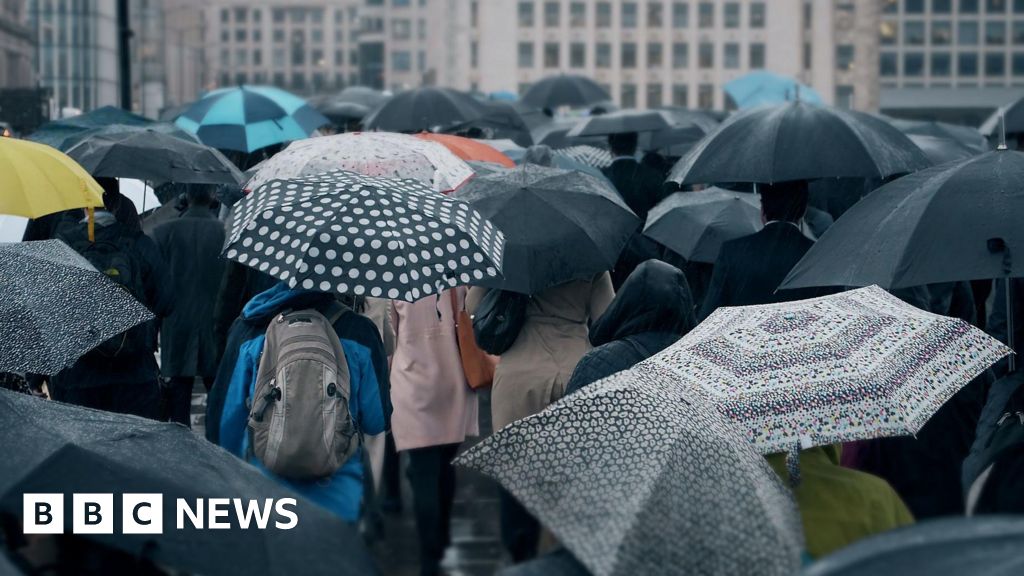Earth faces a one-in-six chance of experiencing a massive volcanic eruption this century, with scientists warning that humanity is completely unprepared for such a catastrophic event.
Climate professor Dr Markus Stoffel warns that a major eruption could trigger "climate chaos" reminiscent of the devastating 1815 Mount Tambora disaster.
The potential impact would be particularly severe in today's world, where existing climate disruptions from fossil fuel use could amplify the effects.
"The world is more unstable now," explains geological scientist Dr Michael Rampino, suggesting that the consequences could be even more catastrophic than the 1815 eruption that led to widespread crop failures, famine and disease.
Scientists have warned about the impact of a massive volcano eruption
Icelandic Department of Civil Protection and Emergency Management / AFP via Getty
The ashfall from the 1815 explosion
WikICommons
WATCH: Volcano erupts, spews lava in southwest Iceland
Cambridge atmospheric scientist Dr Anja Schmidt explains there is a "sweet spot" in the size of volcanic particles "where they are very efficient at scattering back the sunlight."
A 2021 study in Nature Communications suggests our future hotter atmosphere could remove 30 percent more solar energy in certain global warming scenarios.
"We suggest that would amplify the surface cooling by 15 percent," notes Dr Aubry, highlighting how modern climate conditions could worsen a volcanic winter. Dr Stoffel, from the University of Geneva, emphasises the significant uncertainties that remain. "We're just at the beginning of getting an idea of what could happen," he warns.
Scientists currently rely on ice cores and tree rings to understand historical volcanic impacts, with past eruptions showing temperature drops of 1 to 1.5 degrees Celsius.
Climate change itself may be increasing volcanic risks, with Dr Aubry noting that melting glaciers can reduce pressure on underground magma pools.
Extreme rainfall, intensified by climate change, poses additional dangers by potentially creating "steam bomb" detonations in volcanic crevices.
Scientists are currently mapping volcanoes most vulnerable to climate change, particularly in regions like Iceland, Chile and Indonesia where glaciers are melting rapidly.
A 2022 study identified 716 active volcanoes worldwide, 58 percent of known above-ground volcanoes - that could be triggered by increased rainfall.
"We can therefore expect potentially more eruptions," warns Dr Aubry,

 By GB News (World News) | Created at 2024-12-25 20:14:40 | Updated at 2024-12-26 07:48:37
11 hours ago
By GB News (World News) | Created at 2024-12-25 20:14:40 | Updated at 2024-12-26 07:48:37
11 hours ago










